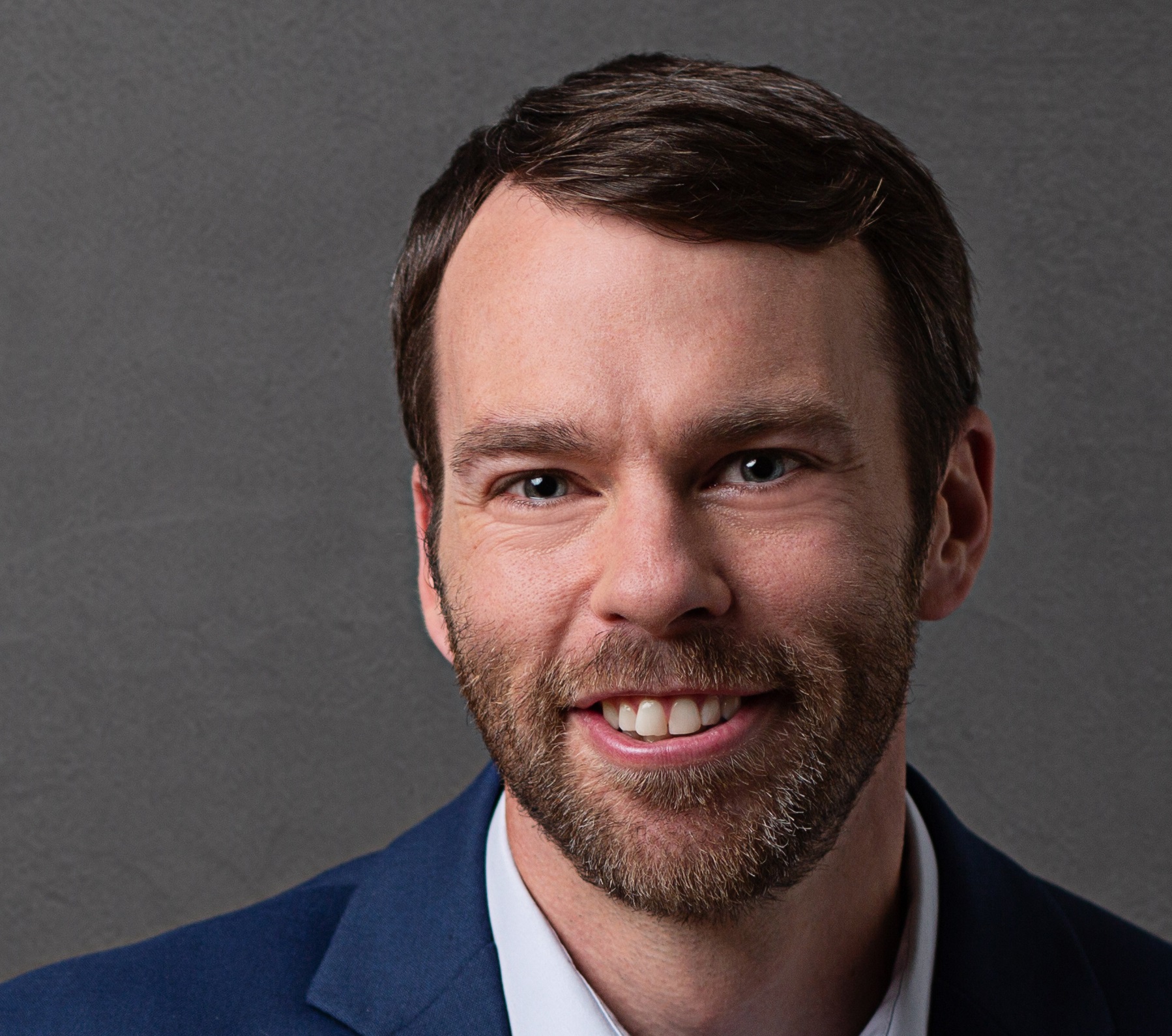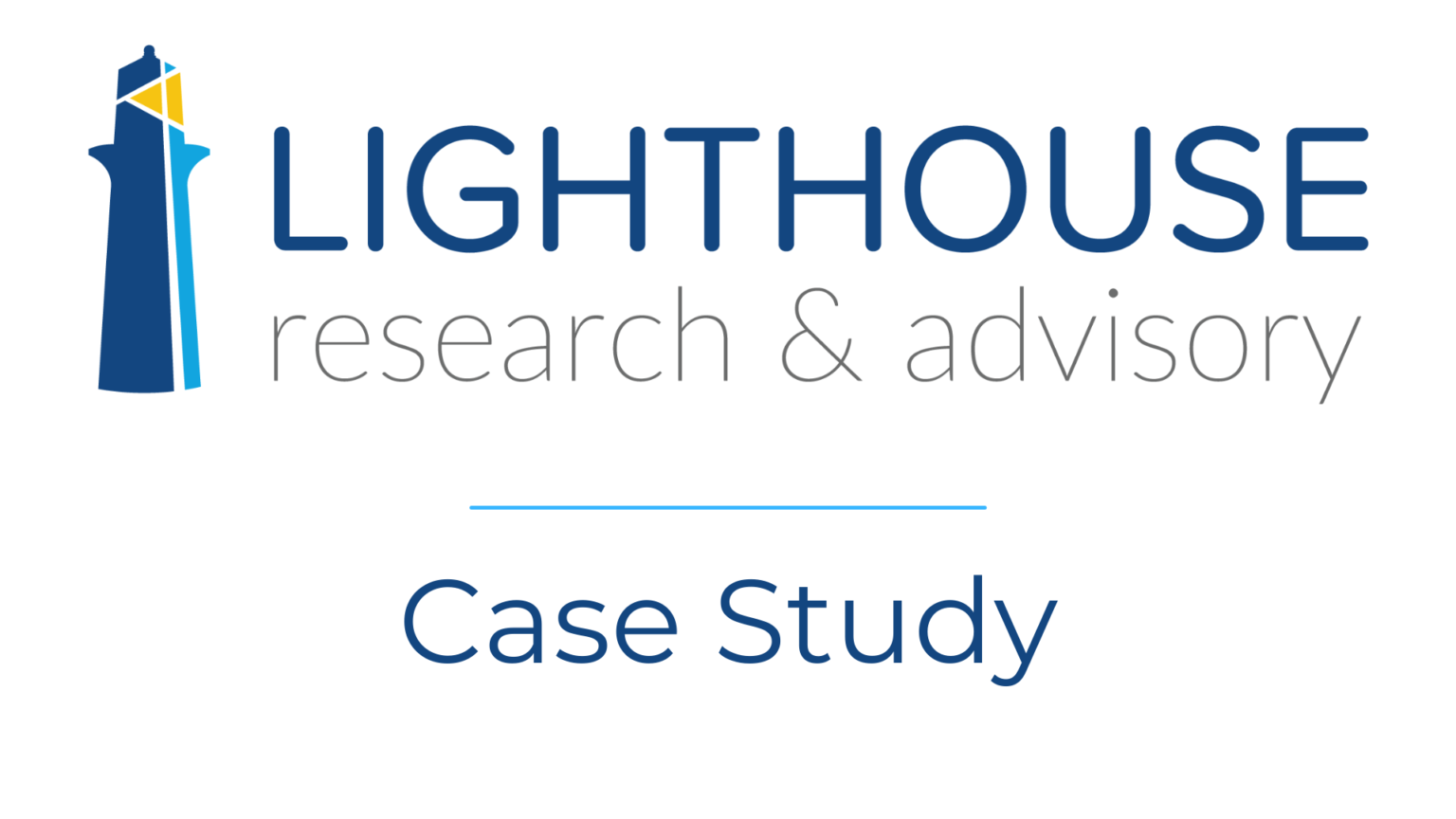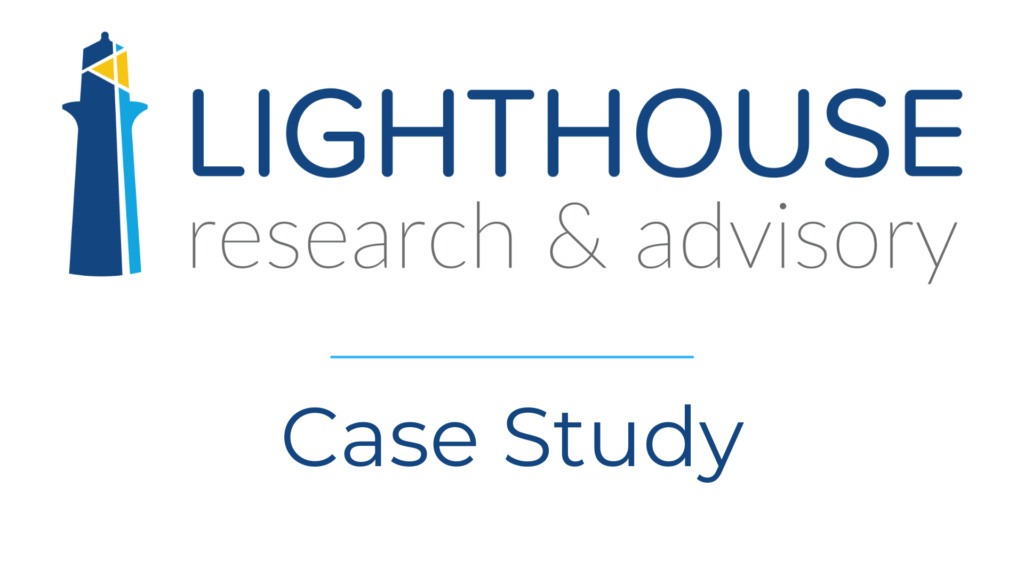In a company staffed with technical specialists, losing even one employee can have an extremely high cost. Software professionals, data scientists, and medical subject matter experts command a high price on the open market, and Guardant Health is prioritizing the retention of these individuals and the rest of its staff through a partnership with Praisidio and its Procaire solution.
Procaire is a talent risk management AI software-as-a-service (SaaS) platform that uses an enterprise’s public metadata, HCM data, and advanced AI to help HR managers visualize, understand, and act on concerning trends affecting teams and individual employees. Procaire is designed to help HR Executives and HR Managers do a better job of managing talent risk and attrition, fostering a more stimulating, enjoyable, and fruitful work experience. The Procaire software sources metadata from multiple enterprise systems to populate tens of thousands of talent risk parameters, helping business leaders keep their most valuable talent.
New Growth, New Challenges
According to Gail Jacobs, Senior Director for the People Centers of Excellence at Guardant Health, the company’s growth in headcount in the last few years has created new demands on the People function, requiring them to find ways to connect multiple systems and get a clear picture of what’s happening within the organization.
One of the benefits of Procaire is its ability to connect disparate systems so that the data are not just in one place, but they are actionable as well. This was validated by Guardant Health’s IT team, which agreed that the system was extremely easy to integrate with existing systems and software platforms.
Taking an Employee-Centered Approach
The employee-centric approach at Guardant allows the company’s leaders to solve problems that other companies simply can’t. For instance, the system can look at key employees and measure their “maker time” to see if they are spending all of their time in meetings or if they have sufficient opportunities to use their skills to innovate and solve problems. Leaders can then use that information to delegate or restructure work to protect that sacred time for creative staff members.
Speaking of employee-centric, this system makes people and relationships visible in a way that isn’t possible without technology. By depicting who is connected to whom in terms of actual work projects and meetings, the company can have advance warning of potential fallout if one of their linchpin employees were to depart. It’s not just about the work they leave behind—the relationships matter as well.
Benchmarking and Identifying Best Practices
Perhaps most importantly, Jacobs explained that the company is able to benchmark internally against its own data to identify positive trends and behaviors that lead to better results. Jacobs explained, “We see our great managers that we can emulate. It creates an internal benchmark for what good looks like to compare against.” In one area, managers use regular touchpoints with staff to keep them engaged and on task, and that best practice can be replicated throughout the business to deliver the same positive impact for the entire workforce, not just for one business unit.
In addition, the targeted interventions allow the company to use its resources wisely instead of spreading them into areas where they are not needed. If leadership training is required, every leader may not need to participate if they already have positive results. Without Procaire, it would be difficult to determine which leaders already have the right skills and which did not, necessitating a costly training experience for every manager.
All of these positive changes lead to a more focused, proactive HR team that can support managers and the workforce with useful and practical retention efforts. As Jacobs pointed out, “If we didn’t have this tool, we would be spinning our wheels. We’d be experiencing lots more guesswork without real data and insights.”
Check out the Solution Brief for additional information on Procaire

Ben Eubanks is the Chief Research Officer at Lighthouse Research & Advisory. He is an author, speaker, and researcher with a passion for telling stories and making complex topics easy to understand.
His latest book Talent Scarcity answers the question every business leader has asked in recent years: “Where are all the people, and how do we get them back to work?” It shares practical and strategic recruiting and retention ideas and case studies for every employer.
His first book, Artificial Intelligence for HR, is the world’s most-cited resource on AI applications for hiring, development, and employee experience.
Ben has more than 10 years of experience both as an HR/recruiting executive as well as a researcher on workplace topics. His work is practical, relevant, and valued by practitioners from F100 firms to SMB organizations across the globe.
He has spoken to tens of thousands of HR professionals across the globe and enjoys sharing about technology, talent practices, and more. His speaking credits include the SHRM Annual Conference, Seminarium International, PeopleMatters Dubai and India, and over 100 other notable events.


